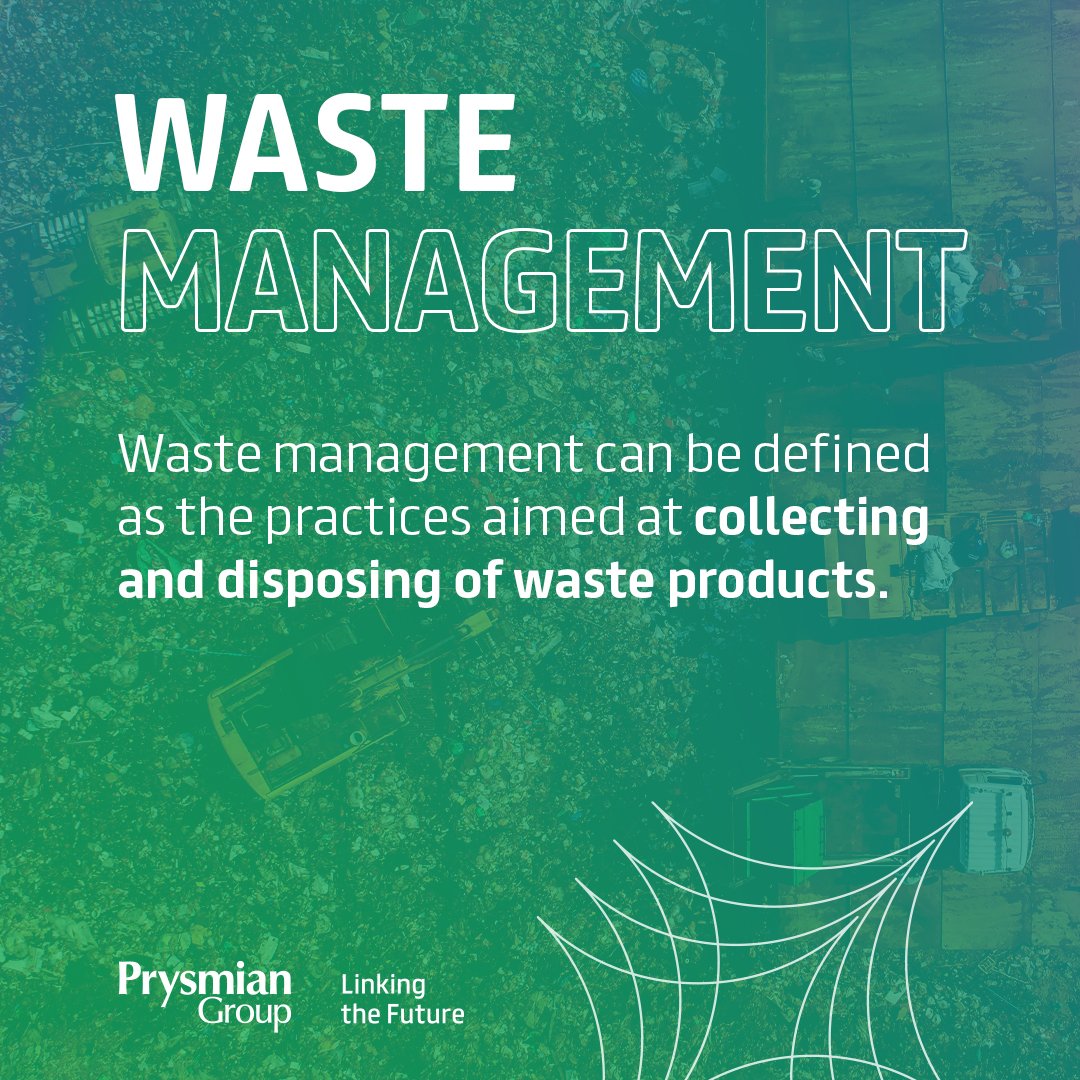Reclaim Waste Fundamentals Explained
Reclaim Waste Fundamentals Explained
Blog Article
A Biased View of Reclaim Waste
Table of ContentsNot known Facts About Reclaim WasteReclaim Waste Things To Know Before You BuyGetting The Reclaim Waste To WorkThe Ultimate Guide To Reclaim WasteThe smart Trick of Reclaim Waste That Nobody is Talking About
Explore the types, events, and kinds of liquid waste. Domestic sewer waste describes the waste and items from a household sewage-disposal tank. This kind of waste is produced by human beings in homes, institutions, and other structures. This only includes septic systems that have a drainpipe area. The proper management and disposal of domestic sewer waste require liquid waste to be moved to a sewage treatment plant where the appropriate approaches and tools are applied to purify and deal with waste.
Business waste commonly includes possible hazards, such as flammable products or a mix of liquid and solid waste products, and calls for an advanced and thorough disposal process. The disposal of business waste generally entails the filtering of waste before transportation to guarantee safe and appropriate disposal. Hazardous waste is developed from results and drainage of commercial procedures and manufacturing.
This type of waste can not utilize the exact same sewage monitoring transportation or procedures as septic or commercial fluids. The industrial waste management procedure requires the inspection and screening of fluid waste prior to it goes through the disposal procedure (liquid waste removal). Drainage waste is the liquid waste that originates from drainage and excess stormwater in extremely booming locations or cities
Runoff waste can create contamination and flooding if not managed correctly. Making certain appropriate waste management can prevent calamities and minimize environmental damage.
Getting My Reclaim Waste To Work
Get in touch with PROS Services today to learn more about our waste management and disposal services and the proper methods to take care of the liquid waste you create.
(https://reclaimwaste1.weebly.com/)This so-called 'wastewater' is not just a vital resource but, after treatment, will certainly be launched to our land, rivers or the ocean. Used water from bathrooms, showers, bathrooms, kitchen area sinks, washings and commercial procedures is understood as wastewater.

water used to cool machinery or tidy plant and devices). Stormwater, a type of wastewater, is overflow that flows from farming and city locations such as roofings, parks, gardens, roads, paths and gutters right into stormwater drains, after rainfall. Stormwater streams without treatment directly to regional creeks or rivers, at some point getting to the ocean.
Not known Factual Statements About Reclaim Waste
In Queensland, many wastewater is dealt with at sewer therapy plants. Wastewater is transported from residential or commercial sites via a system of sewage systems and pump terminals, referred to as sewage reticulation, to a sewer therapy plant. City governments build, preserve and operate most sewer treatment plants. Operators are licensed under the Environmental Protection Act 1994 to release treated wastewater at an acceptable ecological requirement right into waterways.
The Division of Natural Resources suggests city governments regarding handling, operating and preserving sewage systems and therapy plants. In unsewered locations, neighborhood governments might need owners to mount specific or home sewage therapy systems to deal with domestic wastewater from bathrooms, kitchens, shower rooms and washings. The Department of Natural Resources authorises making use of home systems when they are confirmed to be efficient.
In some brand-new neighborhoods, treatment of some stormwater to get rid of litter, sand and gravel has begun using gross pollutant catches. Wastewater treatment happens in four stages: Removes solid issue.
Makes use of tiny living microorganisms knows as micro-organisms to break down and remove staying dissolved wastes and fine bits. Micro-organisms and wastes are included in the sludge.
What Does Reclaim Waste Mean?
Nutrient removal is not available at all sewer treatment plants because it needs pricey specialised devices. Clear fluid effluent created after therapy may still have disease-causing micro-organisms - liquid waste removal melbourne.

A lot of wastewater flows into the sewerage system. Under the Act, neighborhood governments provide approvals and permits for environmentally appropriate tasks (Periods) including wastewater launches that may have a neighborhood effect.
The Reclaim Waste Diaries
Surveillance supplies accurate info concerning water quality and can verify that permit conditions are being satisfied. The details gotten Home Page with surveillance provides the basis for making water quality choices.
Report this page